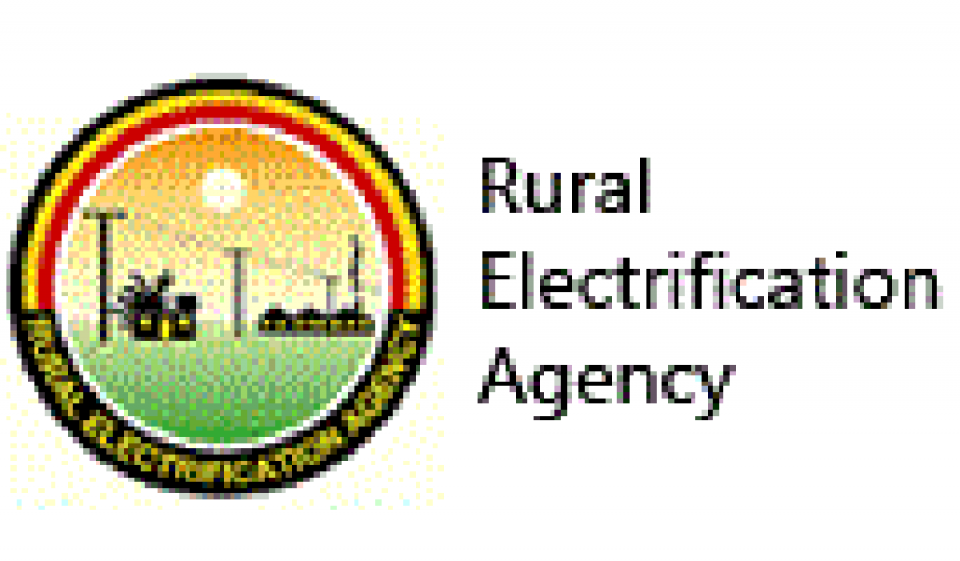The Rural Electrification Project (REA) has said inadequate funding and the current covid-19 pandemic are affecting its target to electrify 60 percent of underserved rural communities in Nigeria.
The Managing Director of the agency, Mr. Ahmad Salihijo, who spoke with PV magazine, an international news medium, said the need to adhere to due process may have also slowed down the objective. But he noted that at least the body had achieved 103,000 connections as at the end of last year.
He also said currently only 58 per cent of Nigerians have access to electricity, with 78 per cent access in urban areas and 39 per cent in rural areas.
Salihijo, explained that an estimated 80 per cent of those with access also use an alternative source of electricity supply, mostly diesel generators, due to reliability concerns.
“REA has achieved significant progress in providing rural electrification, with 103,500 connections as of December 2019. Reaching the 60 per cent rural electrification target.
“However, we have been prevented by a number of factors, including the Covid-19 pandemic, access to sufficient funds, and the need to adhere to due process – like obtaining essential regulatory approvals” he explained.
He posited that Nigeria currently has available grid power hovering around 4,000 MW for over 190 million people and estimated that the Nigerian economy loses $29.3 billion annually due to a lack of adequate power supply.
“Nigeria is estimated to have lost $470 billion in GDP since 2000 due to under-investment in power infrastructure. Rural electrification forms an essential part of Nigeria’s energy strategy.
“ This will not only bridge the energy gap across the country, but will also contribute towards providing access to quality education, health care, and economic opportunities, to name a few areas/sectors which rely on power supply to produce effective outcomes” he noted.
ccording to him, top among the challenges is the capital intensity of electrifying rural communities in the country.
“The average rural dweller in Nigeria engaged in subsistence farming cannot afford the cost of acquiring the components needed to generate electricity that can power as little as a 500 W system.
“This is largely due to the high cost of deep-cycle batteries, which are necessary for an off grid solution. REA has secured loan facilities, grants and allocations from the national budget, towards attracting private sector investment for development of rural electrification projects.
“Another challenge is the lack of adequate skilled labour. In addition to the federal government, some companies have identified this problem and established renewable energy training academies across Nigeria.
“Lack of good access roads hinders developers from visiting multiple communities at a time, to conduct studies that will assist them in making decisions towards electrifying these communities,” Salihijo noted.
He also listed lack of robust electrification data in Nigeria as one of the problems, noting that this has been overcome by the development of village identification and geospatial enumeration of communities provided by the REA.



